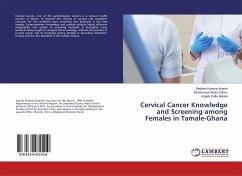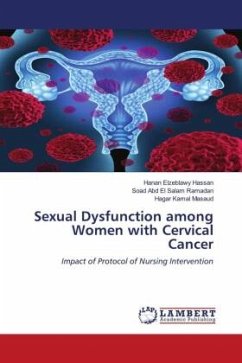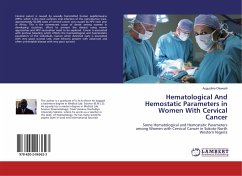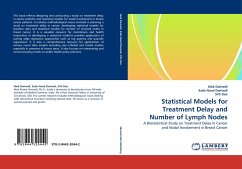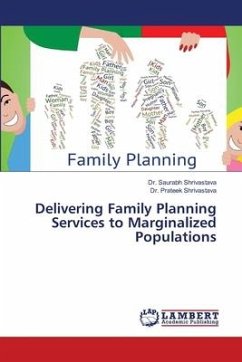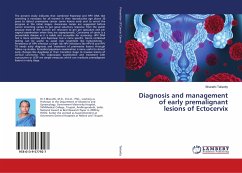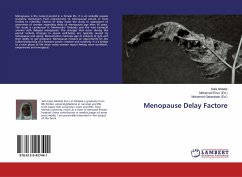
Attributes of Delivering Cancer Messages That Cause Delay in Treatment
Versandkostenfrei!
Versandfertig in 6-10 Tagen
24,99 €
inkl. MwSt.

PAYBACK Punkte
12 °P sammeln!
Cervical cancer is the second commonest malignant in females globally and the leading malignant among women in Tanzania. It has a devastating impact on women's health in Sub Saharan Africa. Most women delay seeking treatment of cervical cancer leading to high morbidity and mortality. Many studies have put emphasis on socioeconomic factors, cultural factors, knowledge, attitude and belief, however, there is need to investigate information processing of messages and decision making among cervical cancer patients that will contribute to health seeking behavior. The aim of the study is to explore ...
Cervical cancer is the second commonest malignant in females globally and the leading malignant among women in Tanzania. It has a devastating impact on women's health in Sub Saharan Africa. Most women delay seeking treatment of cervical cancer leading to high morbidity and mortality. Many studies have put emphasis on socioeconomic factors, cultural factors, knowledge, attitude and belief, however, there is need to investigate information processing of messages and decision making among cervical cancer patients that will contribute to health seeking behavior. The aim of the study is to explore the attributes of cervical cancer messages delivery that causes delay of seeking cancer treatment among cervical cancer patients. Therefore, this study focused on the attributes of cervical cancer messages delivery that cause delay of treatment among cervical cancer patients. This will help MEWATA and TAMWA to explore how to implement what people already know in the area of prevention, earlyseeking of care and treatment by providing educative sessions and passing clear messages to women, men and young people in order for them to be pro-active in seeking treatment of cervical cancer.




